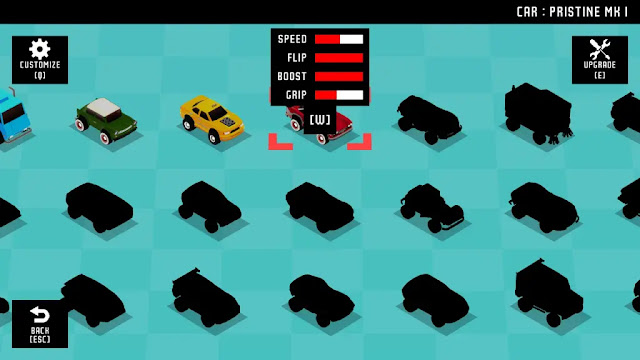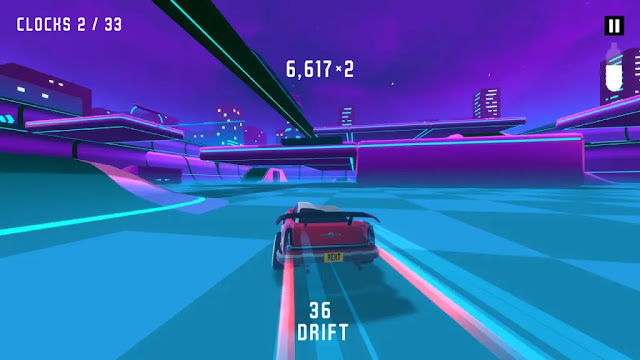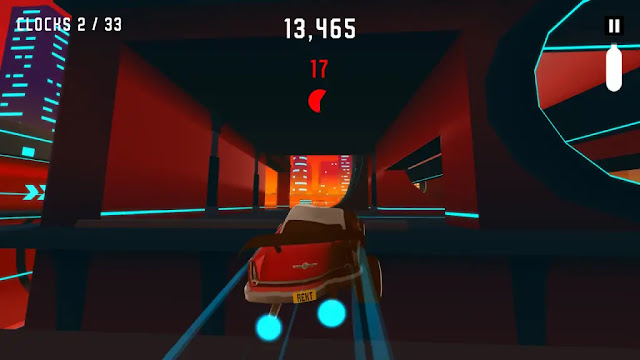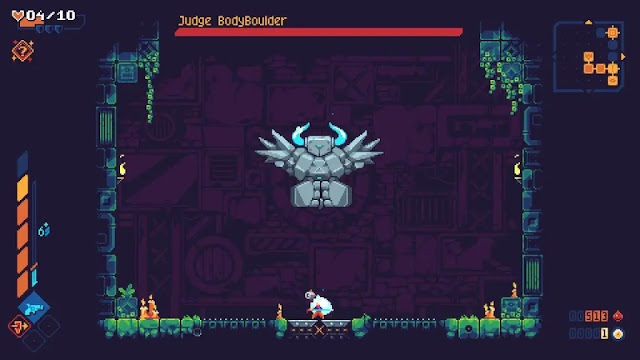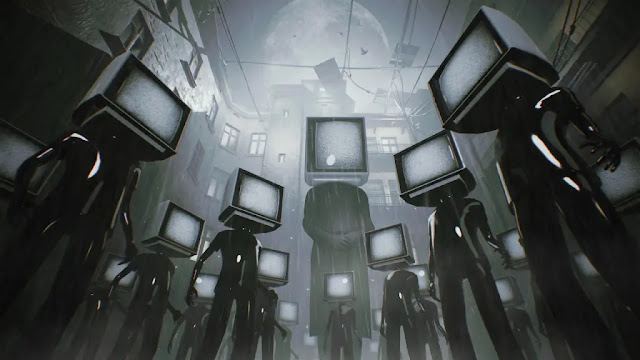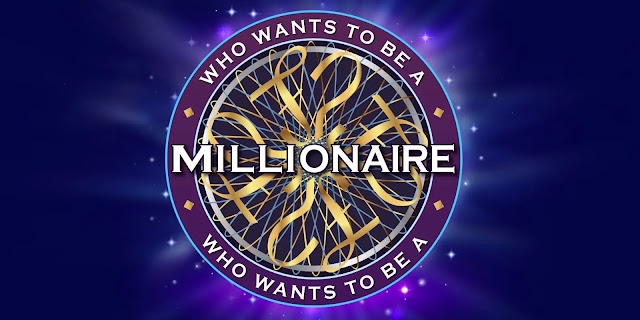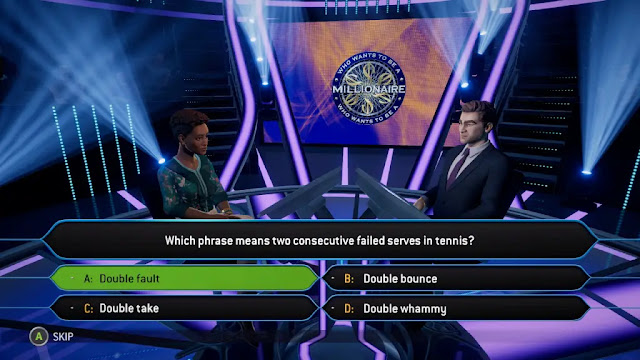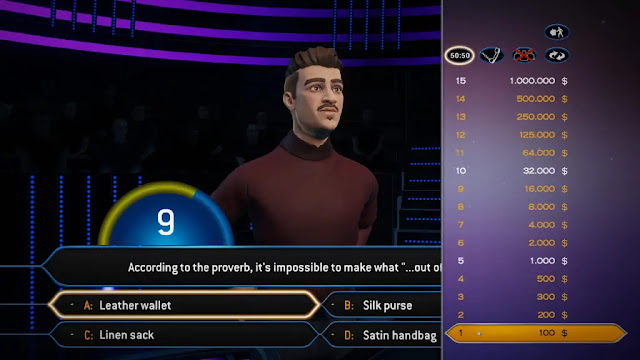NBA
2K21 by developer Visual
Concepts and publisher 2K
Games—Sony
PlayStation 5 Review written by Nick
with a copy provided by the publisher.
Estimated reading time: 12 minutes
NBA 2K21 sees new life on the PlayStation 5, and benefits quite
nicely from the extra horsepower. While it is not a completely
different game than the one that came out a couple of months ago,
this iteration of the series does do several things differently.
It still seems weird to refer to the Xbox One or PlayStation 4 as
‘last-gen’, but here we are. Next-gen is now and the visuals for
NBA 2K21 on the PlayStation 5 are a pretty fantastic showcase for it.
No doubt by now if you’re a fan of the series, you’ve seen the
teaser trailers and some of the images for 2K21, but these honestly
don’t do the visuals justice. Certainly, they are pretty. The
facial details, the reflections from neon signs off of the hardwood
floors and more add some glitz to the graphics, but the animations
were what I found myself noticing most. The way players handle the
basketball, the planting of feet as they break into a dribbling or
cutting move and the tangle of arms and legs on collisions all jumped
out at me. Fan look better than ever, and while that may sound like
an odd thing to bring up, they don't look like the cardboard cutouts
of old, and move around in more convincing fashion that helps support
the immersion that the broadcast style presentation so successfully
sells.
Now, that’s not to say the graphics are perfect. It’s clear that
NBA
2K21 was being built for two generations of consoles
at the same time, so you see some repurposed assets (such as player’s
faces) from last gen, and you can still see weird things happen where
an arm clips through a body in a completely impossible way. Also,
while animations feel less canned than in years past, there is still
a bit of strangeness with foot placement now and again (especially
when navigating narrow spaces such as the baseline 3 point line.
Getting set up for corner 3’s just feels harder than it probably
should be. Also, the camera is a bit weird.

Maybe it’s just me and the way I play, but I frequently use a side
view – I have for years. Nosebleeds with a slightly elevated and
zoomed out view that gives me a pretty good look at the action. I get
that 2K wanted to showcase the improved visuals, but even fully
zoomed back in the camera settings, it is more cropped than the Xbox
One version of the game, which made just about any view other than
the vertical “2K” view almost impossible to deal with. You lose
sight of players too easily off of the edges of the screen and can’t
keep the action in the frame as effectively. So, I had to make the
switch. It works, it’s just not what I’ve been using for the last
several years.
In terms of the players and their collision physics, I’ll say it’s
still solid if somewhat frustrating at times. The majority of the
time players move in ways that seem realistic. I am definitely seeing
more charges than in prior versions of the game, which I consider a
good thing. Big bodies have more heft when slamming into one another
in the post (and this is only further accentuated by the haptic
trigger feedback, which was really weird right first, but soon became
a pretty cool feature to me). Every once in a while I found myself
getting hung-up in the lane, mentally counting out 1 ½ seconds on
offense and trying like hell to get out before committing the 3
second violation and my player could stumble into a teammate who was
just standing there blocking me. The end result was my character
basically running in place like a hamster in a wheel for that last
second and drawing the sort of silly 3 second violation that you’d
never see in real life. I’m not sure how you address these
same-team collisions as they’ve been a problem for years now – I
was just hoping they would be completely gone by this release, but
unfortunately not.
That being said, as I mentioned above, the weightiness of players is
welcome, and the speed of quicker, more nimble guards by comparison
feel more realistic than ever. There were times I could just turn the
corner on a defender and go flying to the rim and make a spectacular
play… or get crushed by one of the bigger men on defense, and it
all looked pretty great. It’s also worth noting that the ball
physics seem better than ever. I noted this in my last-gen review,
but rebounding, tipped balls and the like just seemed more realistic
than in years past, and it seems even better here. For years the ball
was treated like it was on a string, and extension of the player’s
hand during dribbling, passing, stealing and rebounding. That is far
less the case now, and NBA 2K21 is better for it.

The modes are generally the same, with a focus on MyCareer and MyTeam
making up the bulk of things here, and on the surface it’s all
pretty similar to what we saw on the Xbox One or PlayStation 4. MyNBA
is a merging of MyGM and MyLeague that I approve of. That being said,
I appreciate that MyCareer shook a few things up. It’s still the
same core story as you take your player from high school to the pros,
but there are some new wrinkles here. There was a moment in the
last-gen version where you had to choose who your agent was going to
be, and it offered some tangible differences around things like
gaining more fans.
It was a nice bit of ownership over the character progression, but I
like what they did here in the PlayStation 5 version instead. Now
there is a larger choice earlier on – right after high school. You
can choose to take your player into the G League or go to college.
The college route is pretty much the same as what we saw before on
Xbox One, but the G League (with some amusing cameos from prior 2K
characters like ATM and Shammy Wells for additional humor) was a
pretty cool touch and the new content was welcome.
While discussing modes, I have to say I appreciate that the MyPlayer
character builder is more flexible than ever. There has been a
strange fixation on cookie-cutter architypes over the last few years,
and while those have become less restrictive of late, this new
builder is more open and the experience is better for it.
Additionally, there is a WNBA mode, and while this won’t excite
everyone, there is a notably different feel to the women’s game.
It’s less about crazy athleticism and focused more on core
gameplay. You won’t get as many ‘wow!’ moments using the women
players, but there is a much bigger focus on passing and shooting and
it is a welcome addition.
Speaking of shooting, that was probably the most controversial aspect
of the NBA 2K21 release on last-gen consoles. I know it was a
struggle for me when I played on Xbox One. I adapted and got better,
but there were also tweaks made by the development team to make the
game a bit more accessible again. Those lessons having been learned
already, this iteration of the game benefits from having had those
tweaks made prior to the release. The shot meter’s nice and large,
you can tweak your shot settings a few different ways.

While the devs deserve credit for taking feedback from the prior
release and applying it preemptively here, there are some issues
still from the technical side. There’s some weird cross-account
stuff if you happen to have the game on both PS4 and PS5. They share
one pool of VC. Also I have seen instances of MyTeam daily login
bonus not working for both platforms on the same day (if I log into
PS4 first, I don’t receive a daily bonus on the PS5). Also, Locker
Codes are in a weird state. If you try to redeem it on PS4, I get an
error to contact Customer Service, but the code never actually
redeems (I made a video of this and reported it to customer service –
they said there was nothing they could do).
This also has the weird effect of using the code up for the PS5
platform (when I try to put the code in on that platform after
attempting on PS4, it tells me the code is already redeemed. In
talking to Customer Service about this, they said that on their end
it shows as redeemed successfully. I shared video of the problem and
again no current fix). However, if I redeem Locker Codes first on
PS5, it works there (but does ‘use it up’ on PS4). There’s some
zany account issues that need massaging here it seems, and currently
Customer Service doesn’t seem equipped to handle them, despite an
error message directing players to reach out to their team. Honestly,
these feel like pretty minor things, but they still mar the overall
experience slightly.
One of the series staples over the last few years has been The
Neighborhood. Now we get The City, which is a massive, sprawling
experience that is annoying tucked behind a Rookieville wall that
forces you to play several online matches before you get to see what
the city has to offer. There’s an MMO-like component to The City
that makes it feel more active than The Neighborhood was, and there’s
no shortage of things to see and do. There are NPC’s to encounter
with exclamation marks over their heads that give you quests
(generally beating a specific team of players) for rewards. That
being said, the shops are really the most prominent thing here, and
dovetails into one of the series’ longest-running complaints (which
I’ll address in a bit).

In all, I think I spent about an hour interacting with everything,
and sure – some of those items were more interesting than others,
but it’s still a pretty cool gameplay hub that is bound to get even
better in future releases. I will say that it feels just a bit empty,
and it still takes too long to get pickup games going (I don’t
really know how you remedy this except that events do a better job of
funneling players in than just walking up to a court to play). I just
dislike that I had to sink nearly 2 hours of neighborhood games in
while standing around the Rookie training grounds to get there. I
personally only tend to take advantage of online games when I have
buddies to play with or there’s a themed event going on. I just
don’t personally care to stand around waiting 10-15 minutes to play
my next match, which there’s a lot of happening in this Rookieville
area. That needs to go. Otherwise, The City itself is a winner.
So the perpetual elephant in the room with this series over the last
few years: Microtransactions. It comes in the form of VC (virtual
currency) here. Either you’re okay with it or not. If you’re okay
with it, you continue to play the game yearly. If you’re someone
who is willing to invest even more money into this title, then you
actually like the system. If I were to guess, 2K makes quite a bit
off of this system or they’d have minimized or removed it by now
given some of the harsh criticism they’ve received over the years.
I am not a big fan of it, because it does create a player imbalance
(both in MyCareer and MyTeams), but I play regularly enough, take
advantage of daily logins and goals as well as Locker Codes that I
still make pretty rapid progress throughout the year.
That being said, given the above bugs I’ve run into and the
inability to bring your player over from PS4 to PS5, I can see where
the constant microtransactions could be annoying. This plays into The
City as well, where about 70% of the structures you can visit are
shops of some sort which… you guessed it, relies heavily on
microtransactions. Again, not the biggest of deals to me – I find
after a couple of weeks of daily logging in and playing that I tend
to have earned some nice cosmetics through the daily prizes and such,
but for those who were hoping maybe the VC system would be scaled
back a bit going into the new generation of consoles, I am sorry to
report that is not the case.
Summary
NBA 2K21 is generally a great way to usher in the new generation of
consoles. The visuals and The City are a big step in the right
direction. Some lessons were learned from the earlier release of NBA
2K21 on the last-gen consoles, and that made this a much smoother
release experience. That being said, I still can’t shake the
feeling I got during my initial review of this title on Xbox One a
couple of months ago, that the development team was spread thin
between prepping this title for two platforms and the release issues
that I’ve encountered only reinforce that issue. Basketball fans
will find lots to like here, even though there are some rough patches
to be worked out.
Score: 8.25 / 10























